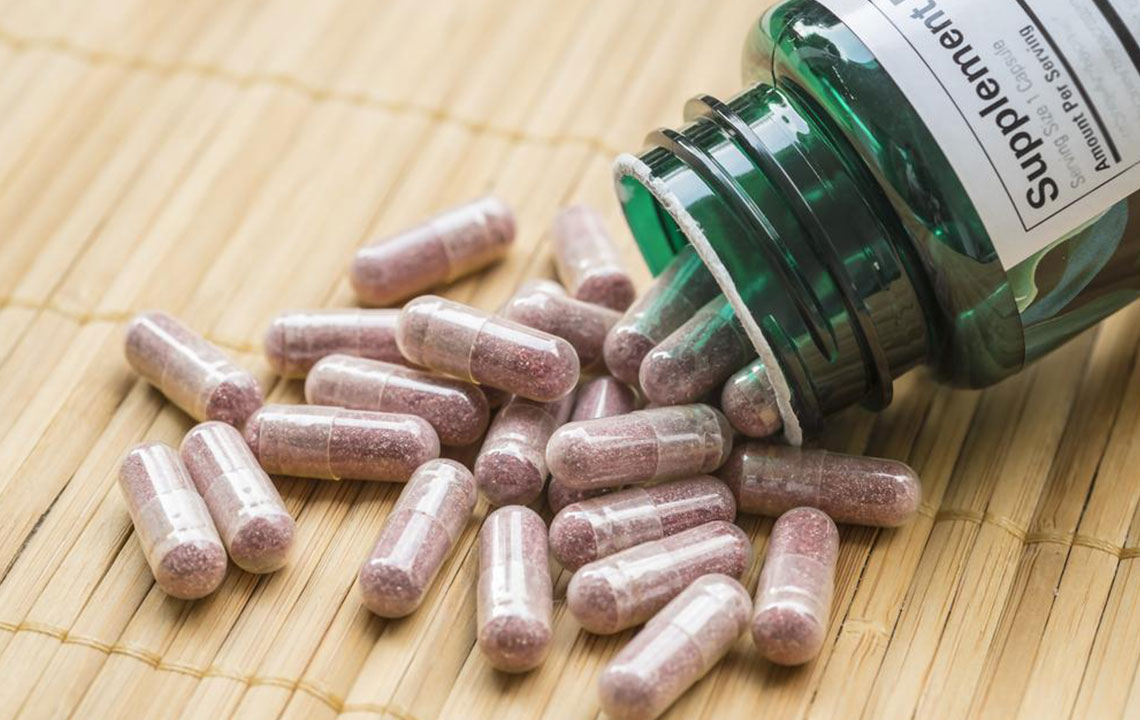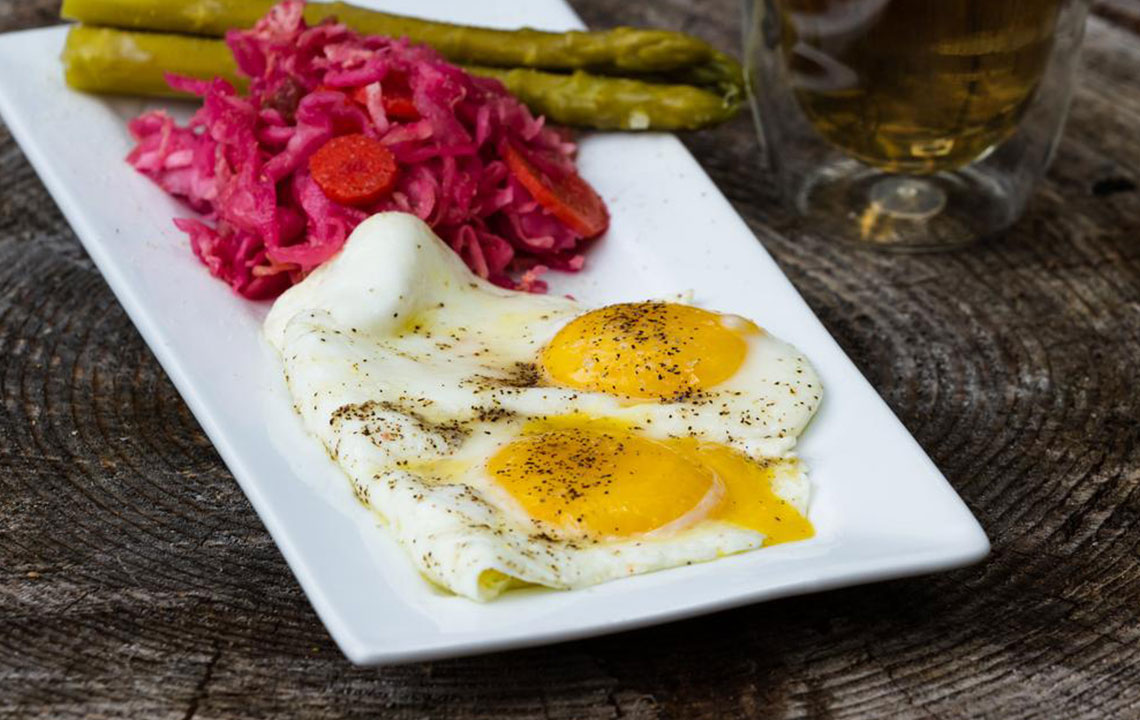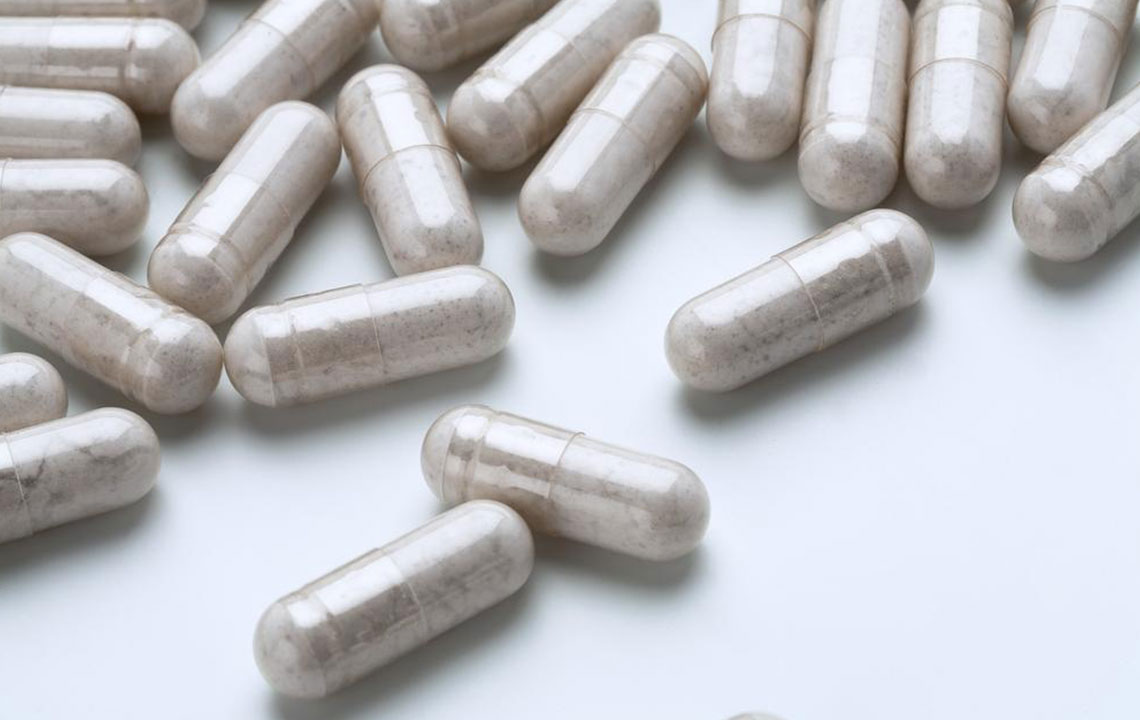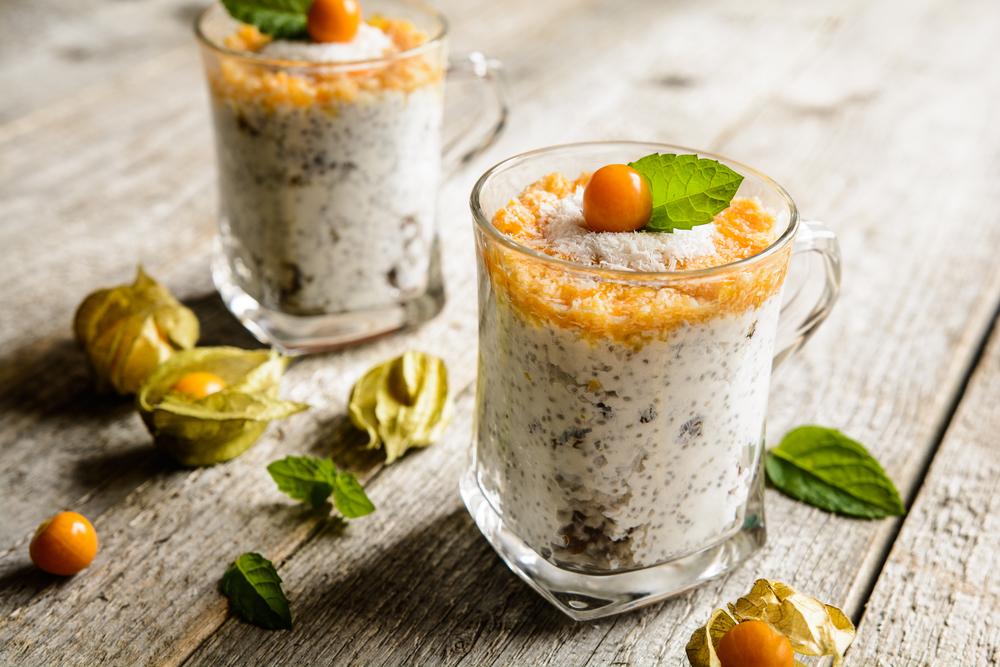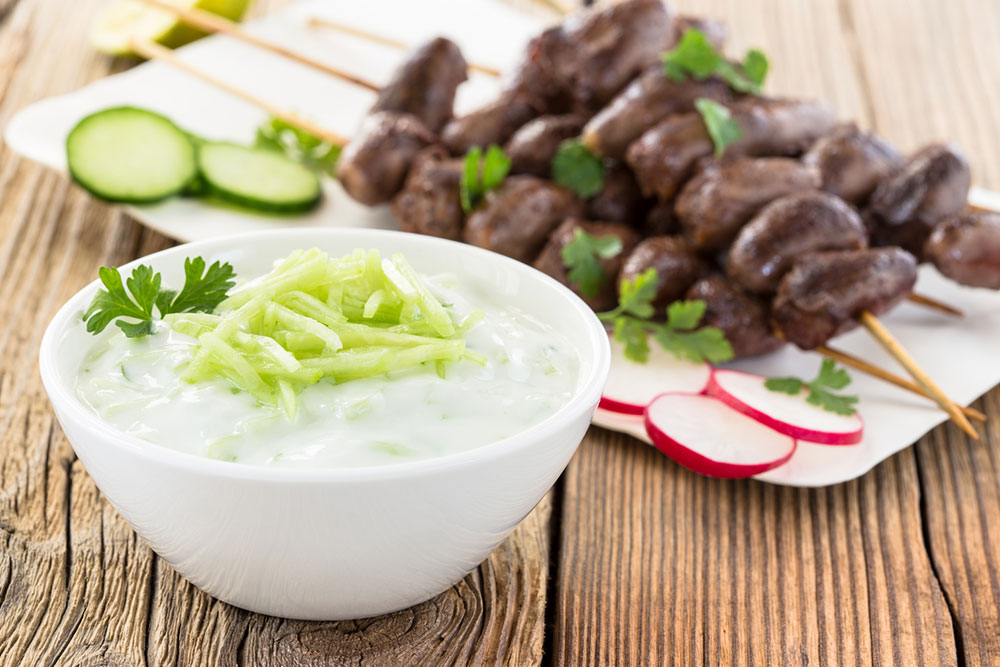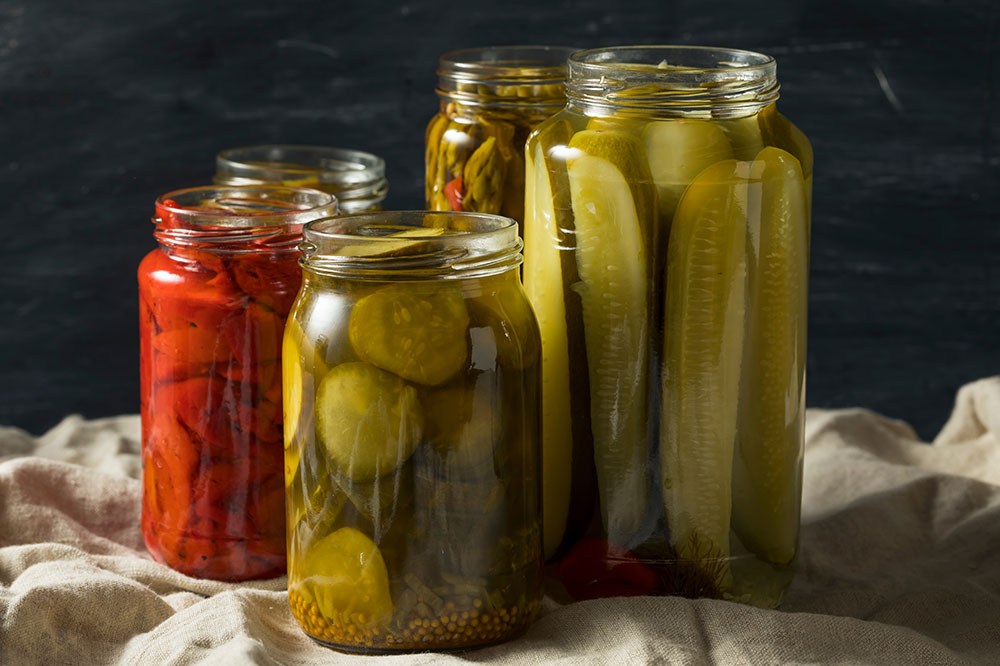Comprehensive Guide to Top 6 Probiotic Foods for Supporting Senior Health and Wellness
This comprehensive guide explores the top 6 probiotic foods ideal for supporting senior health. It details each food's benefits, including improving digestion, boosting immunity, and promoting heart and skin health. Emphasizing the importance of consulting healthcare providers, the article offers practical dietary tips for seniors to enhance their well-being through probiotic-rich foods like yogurt, kefir, sourdough bread, kimchi, sauerkraut, and miso. Incorporating these foods can significantly improve quality of life for older adults by maintaining a healthy gut microbiome and overall vitality.
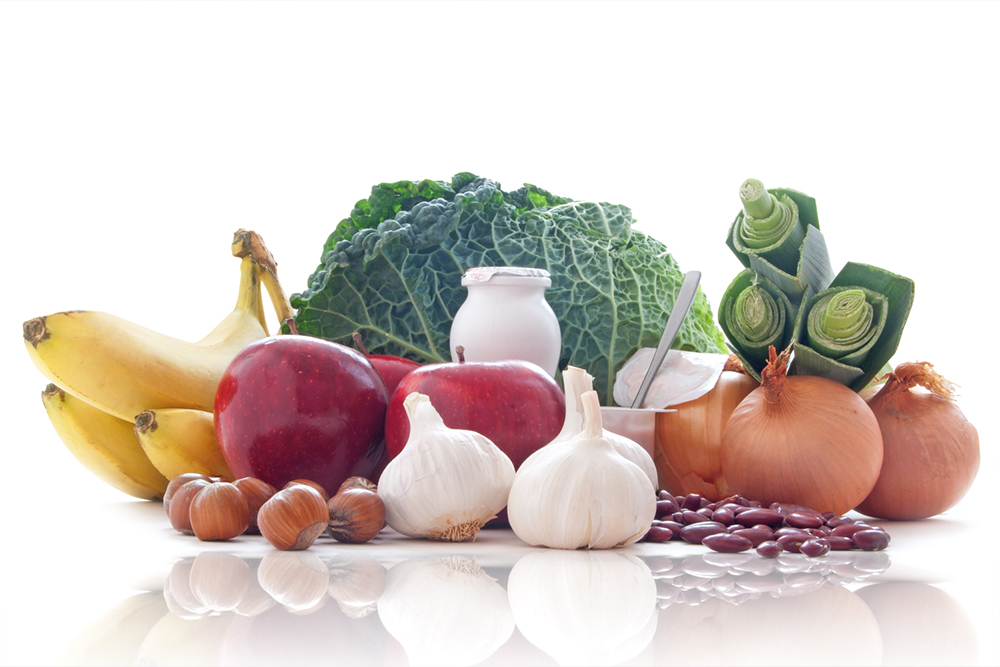
Comprehensive Guide to Top 6 Probiotic Foods for Supporting Senior Health and Wellness
Probiotics—live beneficial microorganisms such as specific bacteria and yeasts—play a crucial role in maintaining gut health, enhancing immunity, and promoting overall well-being, especially among older adults. As the aging process can sometimes disrupt the natural balance of bacteria in the digestive system, incorporating probiotic-rich foods into the diet has proven beneficial for seniors seeking to improve their health outcomes. These probiotics, along with prebiotics (which feed beneficial bacteria) and postbiotics (byproducts of probiotic activity), form a comprehensive approach to gut health management for aging individuals.
Research increasingly highlights the importance of probiotics in supporting various aspects of seniors' health, including heart health, cognitive function, skin integrity, and digestive efficiency. When integrated correctly and under guidance from healthcare professionals, probiotic foods can help stabilize gut microbiota, enhance nutrient absorption, and bolster immune defenses. For women over 50, these foods may additionally alleviate vaginal inflammation and improve digestive issues such as diarrhea, food intolerances, and bloating. Recognizing the diversity and nutrient-rich profile of probiotic foods allows seniors to tailor their diets for optimal health benefits.
Adding probiotics to the diet of elderly adults can lead to significant health improvements, such as better digestion, a fortified immune system, healthier skin, and stronger bones. However, it's essential to consult with healthcare providers before starting any probiotic supplement or making dietary changes to ensure safety and individual suitability. Overconsumption of probiotics, whether through supplements or food, can sometimes cause adverse effects, such as bloating or allergic reactions, so moderation and professional guidance are key.
Below are the top six probiotic foods recommended for seniors looking to enhance their health:
1. Yogurt
Yogurt stands out as one of the most popular probiotic foods worldwide. Rich in live bacterial strains like Lactobacillus and Bifidobacterium, yogurt directly aids digestion by balancing gut flora. These beneficial bacteria can help reduce constipation, alleviate bloating, and support immune health. Additionally, yogurt is a versatile ingredient that can be consumed plain, blended into smoothies, used as a dressing or marinade, and incorporated into various recipes. Its calcium content not only supports bone density but also prevents osteoporosis, a common concern among seniors.
2. Kefir
Kefir is a fermented milk beverage originating from the Caucasus region, made using kefir grains that contain a diverse array of probiotic bacteria and yeasts. This drink boasts a higher probiotic count than yogurt, making it an excellent choice for boosting gut health. Its hydrating properties also contribute to better fluid intake, vital for seniors who may experience dehydration. Kefir's tangy flavor and smooth texture make it an easily digestible option for seniors with sensitive stomachs or digestive issues. Regular consumption of kefir can help restore and maintain healthy gut microbiota, leading to improved digestion and nutrient absorption.
3. Sourdough Bread
Sourdough bread, made through a natural fermentation process involving wild yeast and lactic acid bacteria, offers a healthier alternative to processed white bread. The fermentation not only enhances flavor but also increases the bread’s prebiotic and probiotic content. Consuming sourdough can support blood sugar regulation, lower cholesterol levels, and contribute to overall cardiovascular health—key concerns foraging adults. Its complex carbohydrates and fermentation process can aid in better digestion and sustained energy release. Sourdough's probiotic benefits are maximized when the bread is homemade or minimally processed, ensuring that the beneficial bacteria survive through digestion.
4. Kimchi
Kimchi, a traditional Korean fermented side dish made mainly from Napa cabbage and radishes, is rich in probiotic lactic acid bacteria. Its spicy, tangy flavor adds depth to various meals and provides a potent source of live beneficial microbes. Regular kimchi intake can bolster the immune system, promote youthful, radiant skin, and support colon health. Its bioactive compounds and probiotics may also help manage cholesterol levels and prevent common age-related digestive issues. Incorporating kimchi into daily meals can be both a flavorful and health-promoting choice for seniors seeking to improve gut health and overall vitality.
5. Sauerkraut
Sauerkraut, fermented cabbage with an extended shelf life and distinctive flavor, is another excellent probiotic-rich food. When selecting sauerkraut, it’s important to choose unpasteurized and naturally fermented varieties, as pasteurization destroys beneficial bacteria. Sauerkraut contains lactic acid bacteria that aid digestion, support gut health, and bolster immunity — crucial for aging adults. Home-fermented sauerkraut often retains more probiotic potency than commercial versions, making it an optimal choice for health-conscious seniors. Its tangy flavor complements a variety of dishes and adds both nutritional value and probiotics.
6. Miso
Miso is a traditional Japanese fermented soybean paste used to flavor soups, dressings, and spreads. Rich in probiotics, it promotes a healthy balance of gut bacteria, supports digestion, and enhances nutrient absorption. Miso soup, made by combining miso with hot water and other ingredients such as tofu, seaweed, or vegetables, is a comforting, nutrient-dense option for elderly diets. Due to its saltiness and potential spiciness, seniors should consume miso in moderation, especially those with hypertension or sensitive digestion. When included as part of a balanced diet, miso can contribute significantly to gut health and overall wellness.
Incorporating these probiotic foods into a senior’s daily diet can provide numerous health benefits, from improved digestion and stronger immunity to healthier skin and bones. As with any dietary change, consultation with healthcare professionals is recommended to tailor choices to individual health needs and conditions. Properly managing probiotic intake ensures seniors reap the maximum benefits while minimizing any risks associated with overconsumption or food sensitivities.
